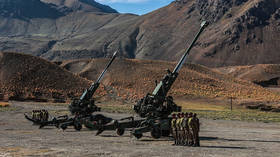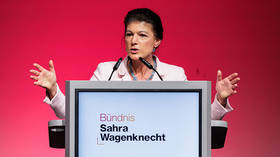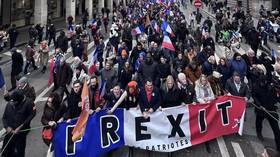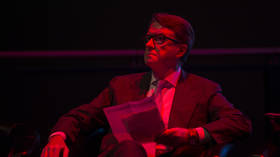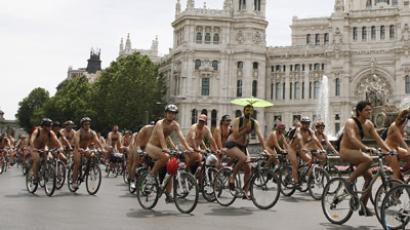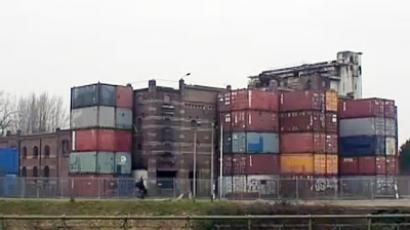Alcoholics paid with beer to clean Amsterdam's streets
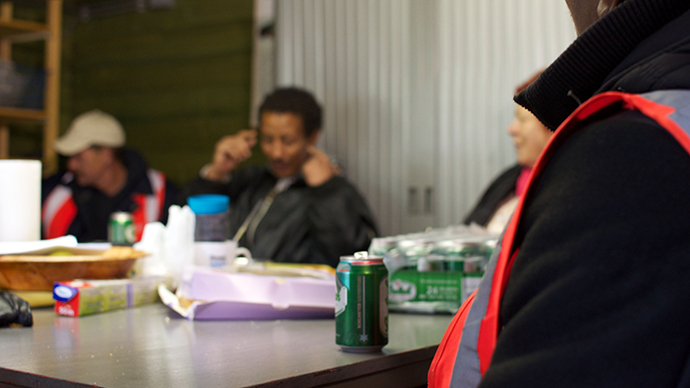
In order to keep Amsterdam clean, the city now hires chronic alcoholics. For five cans of beer, tobacco and about $13 in cash per day they have to sweep the city’s streets. The new project aims at tackling anti-social behavior by keeping addicts busy.
Alcoholics start their work day at 9 am - not with brooms in
hands, but rather with two cans of beer. They end their work at 3
pm – also with a can of beer. Sometime in the afternoon
anti-social workers are offered a hot meal, which is served with
two cans of beer.
For every day they turn up at work, the Rainbow Foundation that
runs the project gives alcoholics, in addition to beer, 10 euro
($13) and a half-pack of rolling tobacco.
"This group of chronic alcoholics was causing a nuisance in
Amsterdam's Oosterpark: fights, noise, disagreeable comments to
women," Gerrie Holterman, who heads the Rainbow Foundation
project, told AFP.
There are about 20 alcoholics working in the streets of Amsterdam
now. They are split into two teams of around 10 and work three
days a weeks.
"The aim is to keep them occupied, to get them doing something
so they no longer cause trouble at the park,” Holterman said.
She believes, everyone benefits from the project, which is
financed by the government and donations - streets are clean,
alcoholics are busy and happy.
Addicts say they would not participate if they were not given
beer.
"We need alcohol to function, that's the disadvantage of
chronic alcoholism," 45-year-old Frank said.
Gerrie notes each person's beer consumption. If she happens to
leave her desk, the alcoholics themselves record how much they
have drunk.
"They're no longer in the park, they drink less, they eat
better and they have something to keep them busy during the
day," Holterman says.
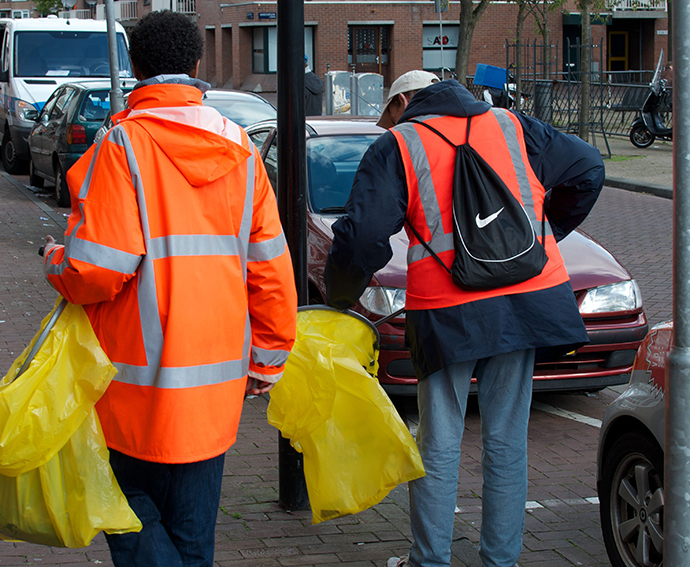
Alcoholics, who are taking part in the project voluntarily, say
they are happy to be there as it gives their lives “some
structure”.
"Lots of us haven't had any structure in our lives for years, we
just don't know what it is, and so this is good for us,"
Frank says.
As for drinking less, not everyone agrees. While some admit that
after busy work day they “don't necessarily want to
drink,” Frank says he is still drinking the same, but it
is now structured.
"When we leave here, we go to the supermarket and transform the
10 euros we earned into beers," he says.
But what alcoholics like is that Gerrie and the Rainbow
Foundation gives them light, 5 percent beer, not 11 percent or 12
percent.
This project is not the first experience for the Foundation. It
was initially set up to help heroin addicts 35 years ago.
One of its projects - “drug rooms” in Amsterdam – lets
drug users to use drugs in a safe environment.
They also run “underground tours” during which former
addicts guide tourists around meaningful locations where they
used to hang out.


